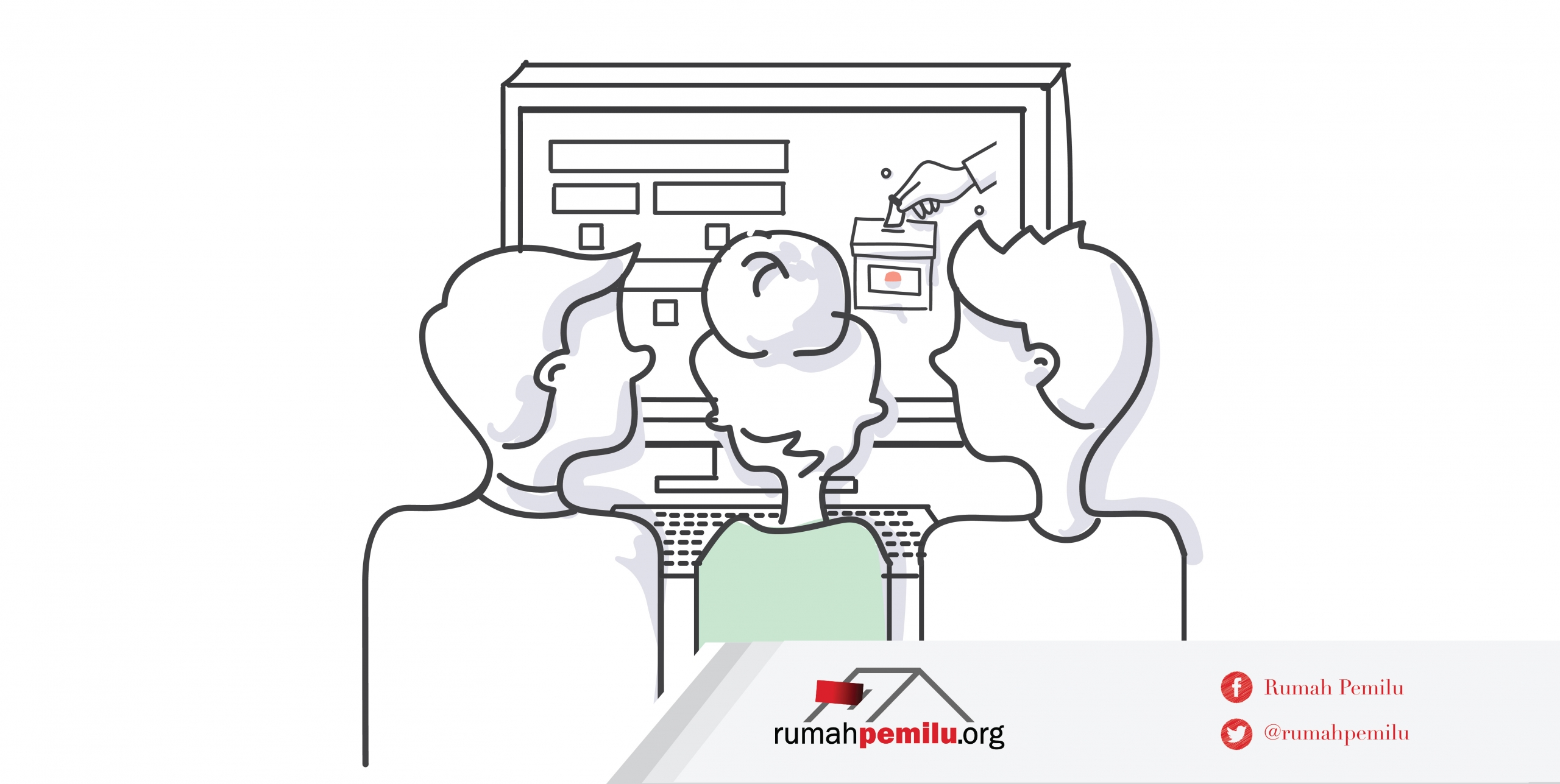Government’s decision to increase the political subsidy for political party has caused a dilemma. Our laws and constitution regard political party as public institution because it plays a key role in the public life by supplying a great deal of politicians. However, the financial source of political party nowadays is highly dominated by private source.
“Almost every sector of governmental power can only be accessed through political party. However, political subsidy from the government only accounts for no more than one percent of the total spending of political party,” says the Executive Director of the Association for Elections and Democracy (Perludem), Titi Anggraini (09/07).
Titi says, it is normal for a government to increase their political subsidy for political party. However, there are five requirements. First, the subsidy should be increased gradually over the years. Second, the subsidy has to cover at most 30 percent of political party’s spending. Third, the subsidy must be transparent and accountable. Fourth, the subsidy must be monitored closely. And five, there should be strict punitive sanction for violation.
A senior researcher from the Syndication for Elections and Democracy (SPD), Dian Permata, says, political finance in Indonesia lacks transparency. According to Dian, if the government increases the subsidy to cover at most 30 percent of party’s spending, then they need to know the specific spending of the party, which is very difficult to do.
“Can the government count the actual spending of Perindo Party’s expenditure for their TV commercial? Should the government count the old headquarter office of Golkar Party as an asset? What about the headquarter office of the National Mandate Party (PAN) which has been relocated with every new chairman of the party? Identifying party’s finance is not a simple task,” says Dian.
The Coordinator of Political Corruption Division in Indonesia Corruption Watch (ICW), Donal Fariz, says that political party is the main problem of Indonesian democracy. Almost every aspect of political party in Indonesia is problematic, from the chairman selection process, candidacy selection, and succession or regeneration. According to Donal, the root of all these problems is money.
“Many people object to the idea of increasing the subsidy for political party because they want the government to hand out the subsidy only when the political party have improved their quality. The question is: when will political parties in Indonesia become better? Not in the near future. This is why we need to provide them with more subsidy so that they can improve themselves, as long as the subsidy distribution is transparent and accountable,” says Donal.
Currently, most of party’s money are coming from the members who successfully get elected as public officials. This fact causes problem for political party, because, according to the Director of the Center for Constitution Studies (Pusako) of the University of Andalas, Feri Amsari, most party members are disloyal to their organization.
“Many party members are disloyal to their party because, after serving for a long time for the party, the party leaders never appoint them as candidate in election,” says Feri.
Meanwhile, a researcher from Indonesia Science Institution (LIPI), Siti Zuhro, says, political party in Indonesia has become oligarchic. Political party nowadays is “owned” by a small number of politicians and has become too centralized. Party’s detachment from its root in the constituents has caused the tendency of depoliticization.
 Rumah Pemilu Indonesia Election Portal
Rumah Pemilu Indonesia Election Portal




